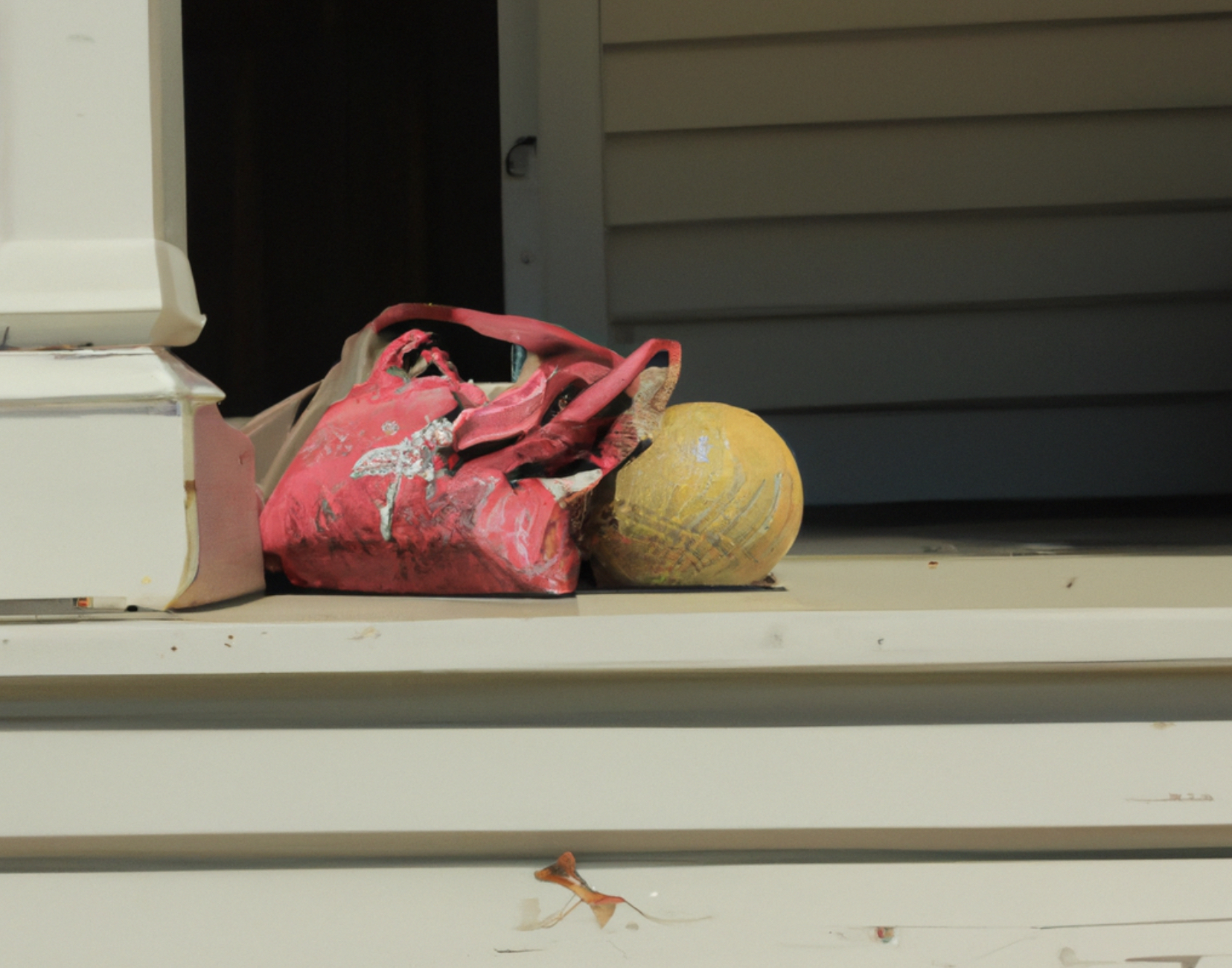Seattle, WA: Living on a Budget in an Eco-Conscious City
Psst. we’ll let you in on a big secret. Living sustainable is actually possible for everyone, not just the elite (as mainstream media can sometimes have us believe). In fact, a sustainable lifestyle is good for both the planet and your wallet. If you start to think less about what you can buy and more about what you can reuse (or reduce), you shift the focus of your mindset from consumerism to environmentalist, and the savings will follow.
Keep reading to learn about easy ways that will reduce your carbon footprint and save you a little cash as well.

Sell Your Stuff, Don’t Toss It
If you want to make your lifestyle more sustainable, a great place to start is by seeing what you already have. A.k.a. Marie Kondo your life. Once you start, you may find that you have more useful stuff than you thought–extra sponges or old clothes that you can turn into rags, a box of old coffee mugs that can replace future plastic Solo cups at parties, and more.
Just think “can I reuse this item?” before you recycle or toss it. And before you completely trash it, bring your items to a local thrift or second-hand store. As the saying goes, one person’s trash is another’s treasure, and you can earn a little cash while doing so. If you have any large items you can’t seem to sell, get rid of your smaller items first and use the money to pay for a service that will pick up your large items and recycle them properly.
Reuse as Much as Possible
Reusing items you already have and/or repurposing them is a great way to save money while being environmentally friendly. Just think about how many cups of coffee you drink a week–you could save big bucks by making it at home and decrease the amount of waste from the paper cups. If you do go out for coffee, bring your own mug. It’s always smart to carry a glass jar with a lid that you can use for coffee, water, or any other beverage you may want throughout the day.
When you invest in a reusable water bottle as well, you’ll save on money by not buying plastic water bottles and decrease your waste impact on the planet. And when grocery shopping (or shopping in general), don’t use plastic produce bags. Instead, bring your own reusable, cloth bags or refrain from wrapping up your veggies all together. Similar to carrying a glass jar around, you should always have a reusable bag tucked away in your purse, backpack, in your car–wherever it will be convenient for future use. Some stores, like Sprout’s give discounts for bringing in a reusable bag when checking out.
Ditch Excess Plastic in Your Home
You’ve gone through your stuff and decided what you can reuse, what you can sell and recycle. Now it’s time to accumulate sustainable options for the future. By replacing common plastic household items with reusable options, you’ll save money in the long-run and create a positive impact on the planet. Switch your plastic toothbrush for a bamboo one. There’s barely a price difference and also no plastic waste. Invest in a razor where you only have to replace the blade (which is also recyclable) instead of using single-use ones.
Things like plastic hangers and laundry bins are also very common in most households. You can replace these with wooden and wicker alternatives. Women, also consider using reusable menstrual products such as a DivaCup or reusable pads from THINX. Normal tampons and pads generate a lot of waste that ends up in landfills.
Eat More Green
Adding more fruits and vegetables to your diet will cut back on snacks that are wrapped in plastic. Think about it–an apple is a lot more inexpensive than a bag of chips (plus, it’s a lot healthier!). Also, eating less meat is equally, if not more important to do. The meat industry is one of the largest contributors to human-made greenhouse gases and is one of the greatest sources of pollution globally. Cutting back and/or eliminating meat from your diet will significantly reduce your environmental impact.
If you still want to eat meat, be sure to purchase from local butchers and farmers. Doing so will give back to your local community and help your local farmer’s market thrive. The Seattle Neighborhood Farmers Market is a great resource for finding the nearest one to you. These are great places to shop for produce and ensure you are eating organic, locally grown food. Want to go one step further? Compost all your organic and food waste. It makes for amazing fertilizer and eliminates 100% of your waste. Most farmer’s markets have a place where you can drop it off as well.





